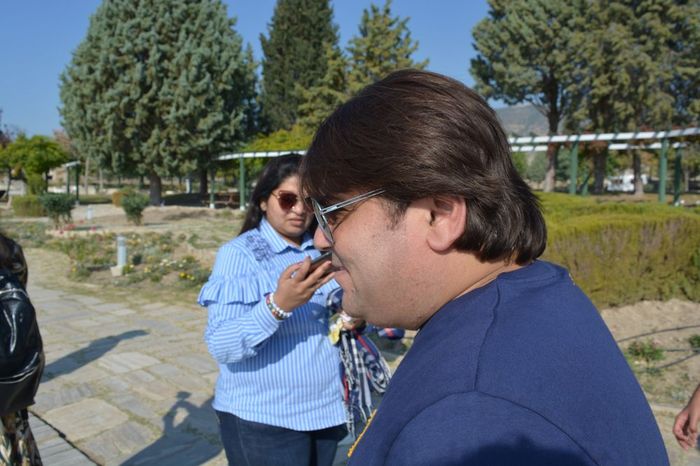261. The leaders of the peace party were Psellus himself, Nicephorus Palaeologus and John Ducas.
262. Spring 1069. This campaign was indecisive, though the enemy took Iconium.
263. The probable reason is that Romanus dared not leave Psellus in the capital while he was conducting the war. He must have been aware of the other’s intrigues.
264. John Ducas.
265. Psellus does not mention that the campaign of 1070 was carried on by Manuel Comnenus. He was defeated and taken prisoner, but persuaded his captor to desert to the Byzantines and, contrary to all expectations, arrived safely at Constantinople. Romanus’s third campaign against Alp Arslan, the Seljuq ruler, took place in 1071. After varying fortunes the Sultan offered peace, but the emperor refused to accept his terms and a pitched battle was fought at Manzikert (26 August 1071). As a result of treachery on the part of some officers, he was defeated and captured, but not without great gallantry in the face of odds.
266. Scylitzes speaks of omens which foreshadowed the disaster that was to follow.
267. Bryennius in particular.
268. The Battle of Manzikert. Cf. note 265.
269. Psellus conveniently ignores the fact that if Andronicus, the son of John Ducas, had not run away and deliberately spread the rumour that the battle was lost, Romanus might never have been compelled to take such a risk.
270. In the hand. He fought on after his horse had been shot down under him.
Christ teaches gentleness and forgiveness
271. A full account is preserved in Scylitzes. The Sultan asked Romanus what be would have done if the Romans had won and the Turkish ruler had been captured. The emperor, without any dissimulation, replied, ‘I would have flogged vou to death!’ But I,’ said Arslan, ‘will not imitate you. I have been told that your Christ teaches gentleness and forgiveness of wrong. He resists the proud and gives grace to the humble.’
272. Andronicus and Constantine Ducas.
273. The famous Varangian guards.
274. We are told by Scylitzes (843, p. 702) that Eudocia was sent into exile by the Caesar John, by his sons, and above all by Psellus (who, says Scylitzes ‘glories in his deed in one of his books’).
275. Constantine.
276. Tyropaeum. The defeat of ch. 33 was really suffered by Theodorus Alyates, one of the emperor’s lieutenants who was taken prisoner and blinded.
277. Chatatoures, the Duke of Antioch (see ch. 38).
278. The Bishops of Chalcedon, Heraclea, and Colonus.
279. Apparently Adana, in Cilicia.
Read More about Eudocia 1067 part 12








